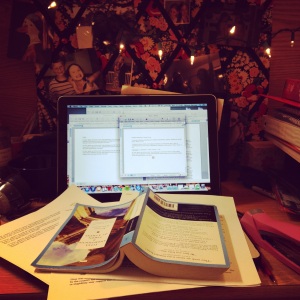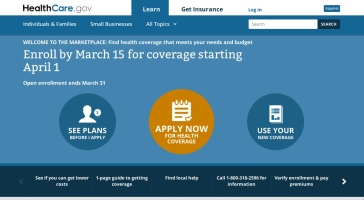Junior Year is the hardest, they said. That’s when things really get serious. Being at it’s the second week of class and I feel like it’s midterm week, the proverbial “they” seems to have been correct. After a summer of interning, sleeping, and going to the beach, coming back to the real world has been a shock to my system. I’ve already read Beowulf (again), learned to recreate the Bloomingdale’s logo as well as a New York Times article (the technophobe is taking a desktop publishing class), and run a meeting filled with excited English majors.
Don’t get me wrong, I am loving it. My classes are fantastic and I’m leading some clubs that are going to do some amazing things this year, but I am tired. Very, very tired. Like, slice me open and nothing but coffee will spill out level tired. But I know myself well enough to know that there’s a bad kind of tired and a good kind of tired. Bad tired is the mental exhaustion that comes from doing things you don’t like to do and surrounding yourself with negative energy. Good tired comes from filling your life with stimulating activities and people that challenge you and push you to do more. I’m happy to say I’m the good kind of tired. This will, by far, be my most difficult semester. I’m learning how to be a good journalist and novelist and publisher all at once, but I have that expectant feeling that I get when I’m entering an exciting time in my life. My life has always been very cyclical (as most people’s are) and I’ve noticed this especially applies to school. In both high school and college, my years can be characterized as follows:
Freshman year: What the hell am I doing?
I don’t think I like it here, there’s no way I’m going to make it through the year, never mind another three. Nope.
Sophomore year: Hey, this isn’t so bad!
While still insecure, I’m beginning to figure out what I like (especially toward the end of the year). The year ends with excitement for the following year and a sense of things falling into place.
Junior Year: Bring it, because I’ve totally got this.
This is where I am right now. I’m crazy busy, just like I was in high school. Back then I was well on my way to running the choir, as well as the yearbook, and the morning announcements. Here? I’m doing PR for the literary magazine, vice president for a pre-professional club for all of my fellow student journalists, not to mention a tour guide. I feel like I’m doing what I’m supposed to be doing here. For some people, that sense of belonging comes from finding a “friend group” or joining one club that takes over their entire life, but for me it’s always been the same: I want to do everything. I want to do different things, all of which make me happy. I want to surround myself with many people, not just stick to one group. I feel like I’m finally doing these things and in doing so I find myself busier and happier than I’ve been in recent memory. I’ve still got a lot to figure out (I am 20, after all) but everything has that bright and exciting feeling that I love.
Senior Year: This is my house.
By the time I reached my senior year of high school, I was on top of my game. I knew what I wanted, and despite some bumps I got almost all of it (or even better). Here’s to next year following this cycle, because senior year of college marks my last year before being a grown-up with real grown-up problems.
For all of my fellow undergrads that have entered the latter half of their college experience: take a sip of that coffee, hold on tight, and buckle up because we have two more years of adventures ahead of us. I, for one, am ready.
 For any of my fellow undergrads whose desks have been eaten by Shakespeare, political science midterms, and media ethics papers, fear not; spring break is almost upon us! For the lucky few that have spring break this week, enjoy it, some of us are still cramming and typing until our fingers bleed and we want nothing more than to curl up, cry, and possibly eat a cookie. Hang in there, OCU’s, the time of homemade food and family time (or maybe even an actual vacation!) are so close I can almost taste it. So buckle down, chug that coffee, make those flash cards, and get those papers in on time. The semester is almost half-way over and it’s almost time to take that breather and before no time you’ll be in the home stretch. Happy studying!
For any of my fellow undergrads whose desks have been eaten by Shakespeare, political science midterms, and media ethics papers, fear not; spring break is almost upon us! For the lucky few that have spring break this week, enjoy it, some of us are still cramming and typing until our fingers bleed and we want nothing more than to curl up, cry, and possibly eat a cookie. Hang in there, OCU’s, the time of homemade food and family time (or maybe even an actual vacation!) are so close I can almost taste it. So buckle down, chug that coffee, make those flash cards, and get those papers in on time. The semester is almost half-way over and it’s almost time to take that breather and before no time you’ll be in the home stretch. Happy studying!

